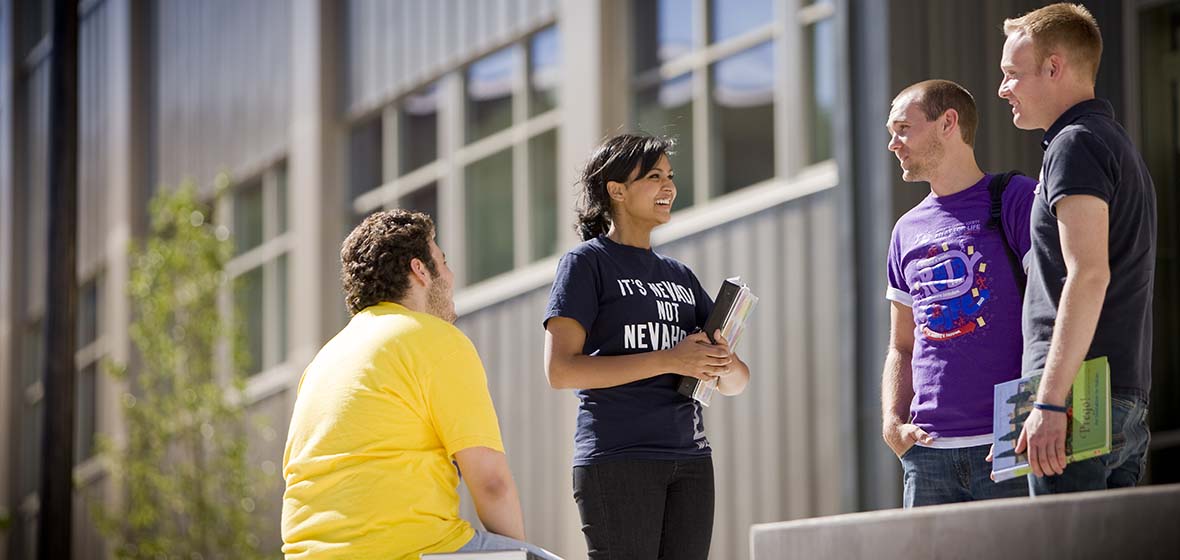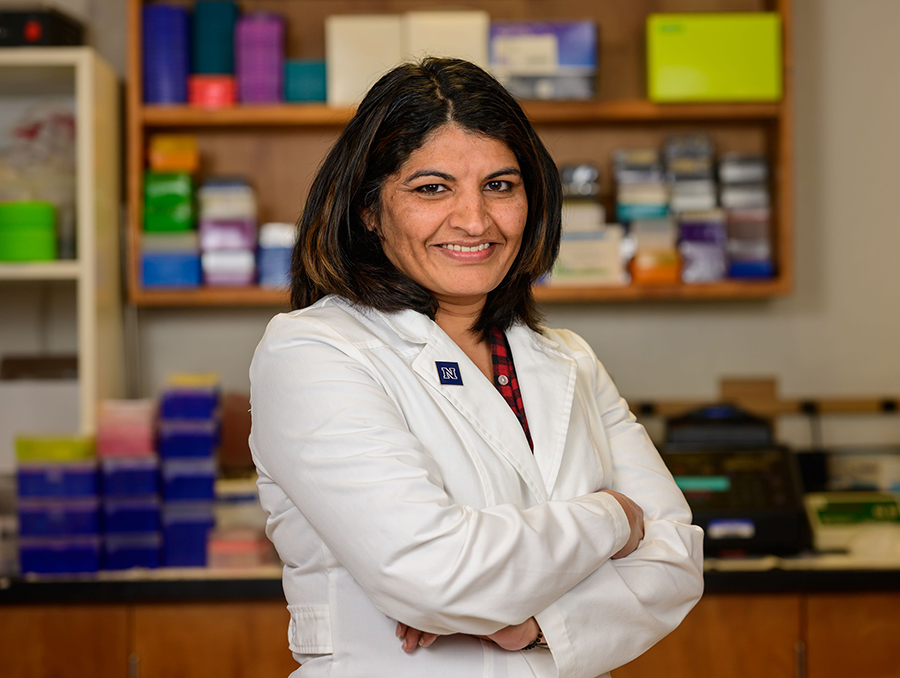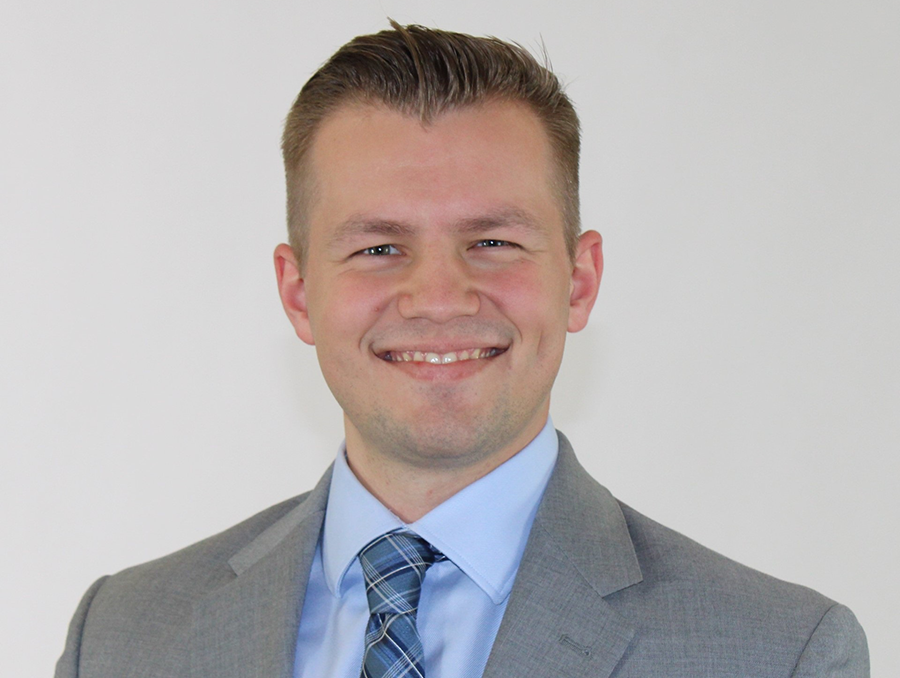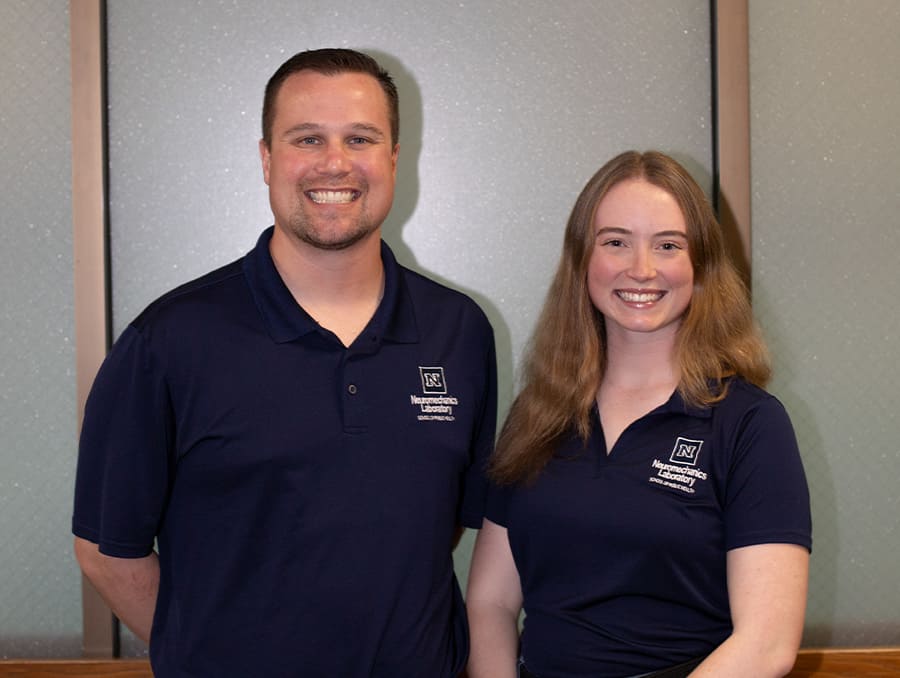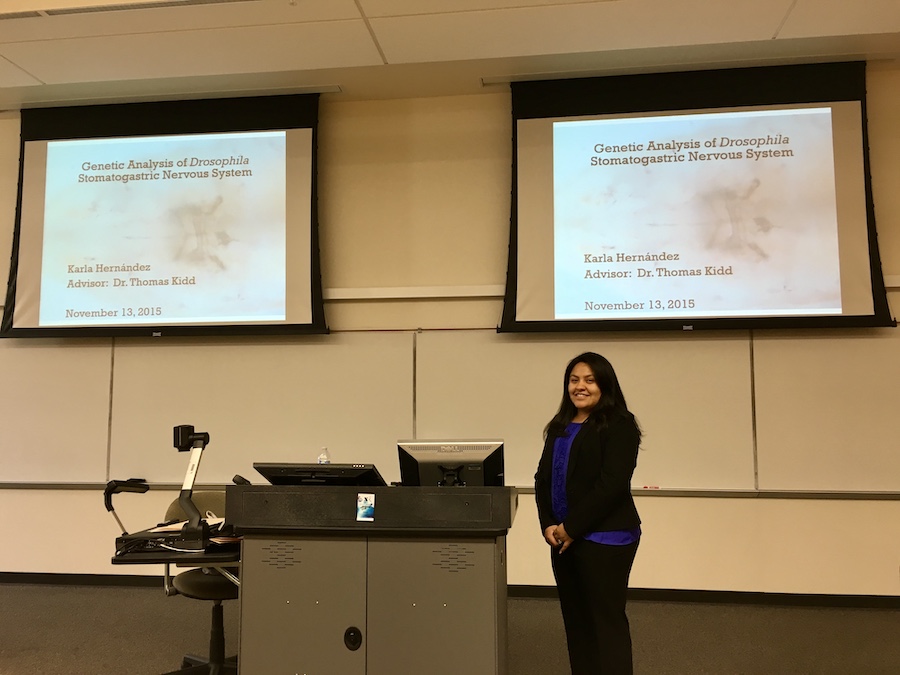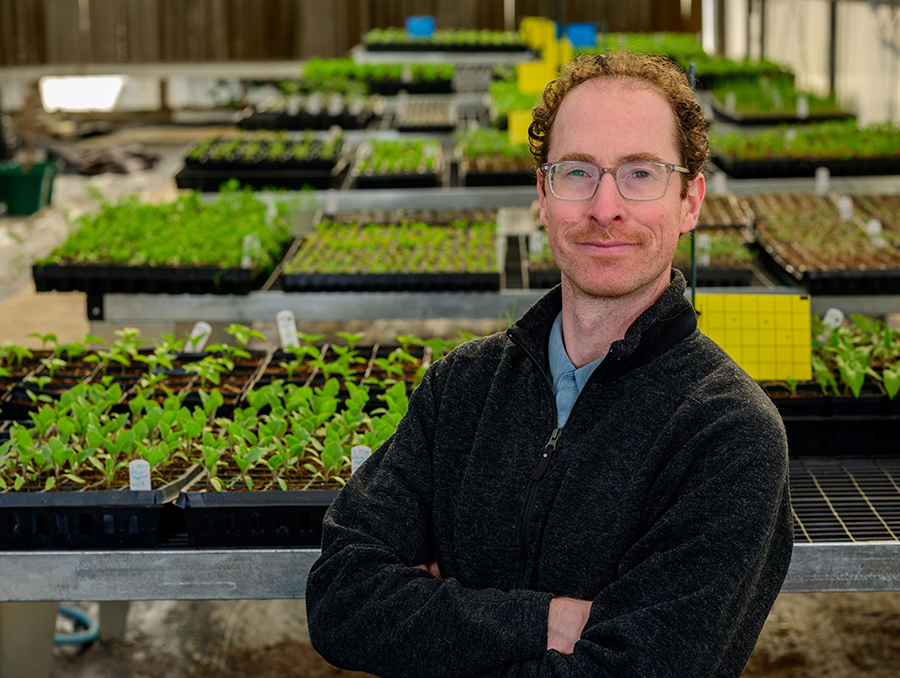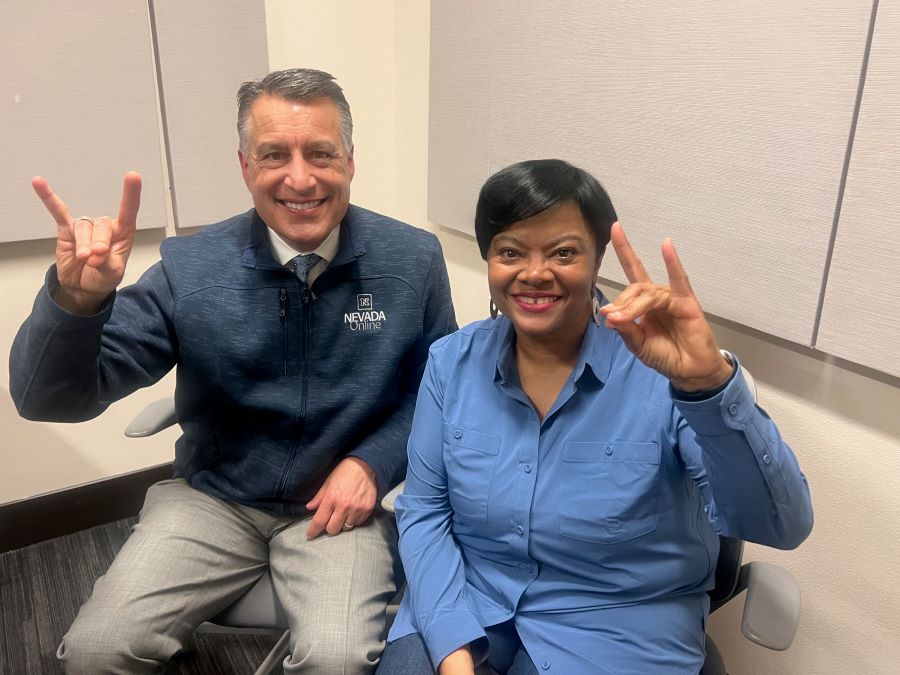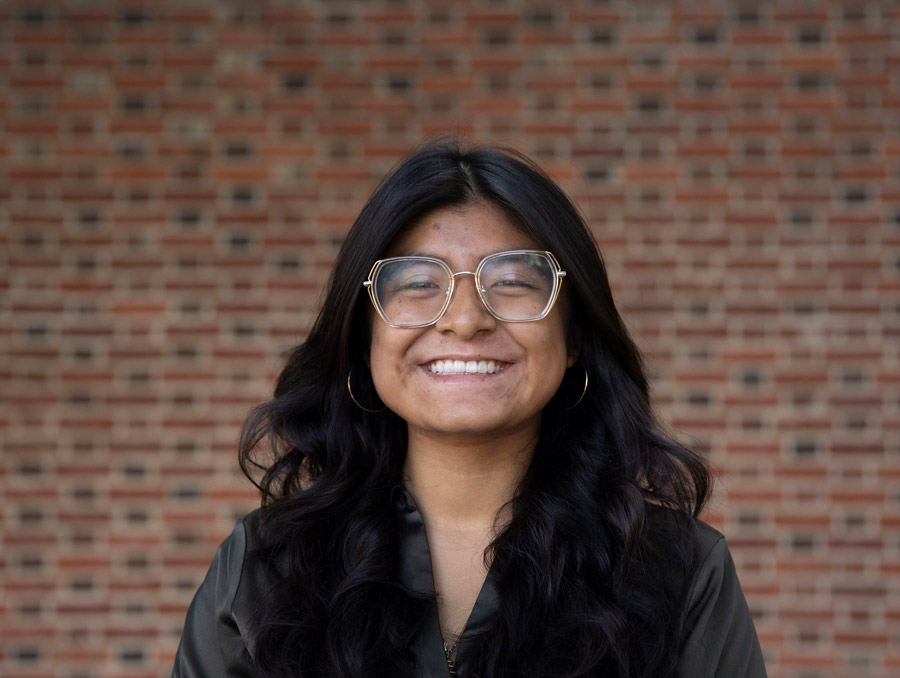The School of Community Health Sciences became an independent academic unit at the University of Nevada, Reno this summer and under the leadership of founding Dean Trudy Larson, M.D., has ambitious plans to grow and become further involved in the community to address the social determinants of health that affect the health of Nevadans and beyond.
At its core, the school's mission is to develop, disseminate and apply knowledge with an ecological approach to protect and promote the health of populations.
Recognizing that population health requires a multi-faceted approach, the school emphasizes multiple perspectives in its curriculum, including the behavioral, socioeconomic, public policy, environmental and physical components. Its programs prepare future public health practitioners, researchers, educators and leaders; develop the knowledge base for public health through research; use innovative approaches to public health; and engage with multiple communities, especially diverse communities, through professional and scholarly service.
Currently, the school offers a minor, an undergraduate Bachelor of Science degree with two emphases, a master's degree in four areas, and a Ph.D. in two areas, as well as dual degree programs with nursing and medicine. Graduates from the School of Community Health Sciences are prepared to promote and protect the health of communities nearby and around the world.
According to Larson, among its first priorities as an independent school is to grow the numbers of faculty, graduate students and Master of Public Health (MPH) programs in each of the core areas of public health, and doctoral degrees in selected areas while engaging in cutting-edge research and community service.
"Our online MPH program launched in January and we already have 33 students enrolled this semester. In order to meet the demand for this program, students are able to enroll in each of our three semesters every academic year," she said.
Since the MPH was first offered in 2000, program graduates have gone on to positions at universities, hospitals, state and county health departments, and into Ph.D. programs and medical school. A decade after it was created, the MPH programs achieved a major milestone when they were accredited by the Council on Education for Public Health in June 2011. This last year, the school was reaccredited for another seven years.
The most exponential growth program at the School of Community Health Sciences is in the undergraduate community health sciences major which now boasts approximately 2,000 students. This undergraduate population swelled recently when the school took in about 600 pre-nursing undergraduates and offered them a bachelor's degree in community health sciences with an emphasis in either public health or kinesiology.
"Working with the faculty at the Orvis School of Nursing, we've been able to give the University's pre-nursing students an academic home and a clear path to their degree," Larson said. "The School for Community Health Sciences degree not only gives them a good, solid background and preparation for health sciences, but for nursing as well."
With such robust growth in its undergraduate and graduate programs, Larson embarked on an ambitious hiring effort and has been successful in bringing five young faculty members to the University this academic year with plans to add six more in 2018-19.
Other immediate initiatives for the school are to reach out and re-engage alumni, to expand its community engagement efforts to develop more student internships, to raise awareness of the school in the community and to pursue additional research opportunities.
When it became independent this summer, the School of Community Health Sciences brought along the Nevada State Public Health Laboratory and added the Center for the Application of Substance Abuse Technologies (CASAT).
The Nevada State Public Health Laboratory provides a wide range of diagnostic and analytical services for the assessment and surveillance of infectious/communicable diseases, foodborne outbreak analyses, biological and chemical terrorism analyses and the analytical evaluation of dairy products and water to evaluate safety for consumption throughout Nevada. The Nevada Newborn Screening Program, which uses a simple blood test to ensure all babies born in the state are screened for certain disorders before they cause serious health programs, also falls under the laboratory.
Since 1993, CASAT has implemented programs and policies to improve prevention and treatment services for individuals with addictive behaviors by helping states, organizations, students, and the existing workforce apply research-based practices. This is achieved through university-based coursework, online courses and trainings, conferences and institutes, continuing education workshops, product development, web-based and electronic products and databases, and consultation and technical assistance.
With the addition of CASAT to its ranks, the School of Community Health Sciences saw an infusion of grant monies that brought its research funding to approximately $10 million annually.
"Our faculty bring in high-level grants that ultimately make health better for everyone through their research findings and applications," Larson said.
The current school was established by the Board of Regents on Sept. 1, 2004 after faculty recognized the popularity of the public health undergraduate degree offered in the former Department of Health Ecology, and began working to create what is now the School of Community Health Sciences.
